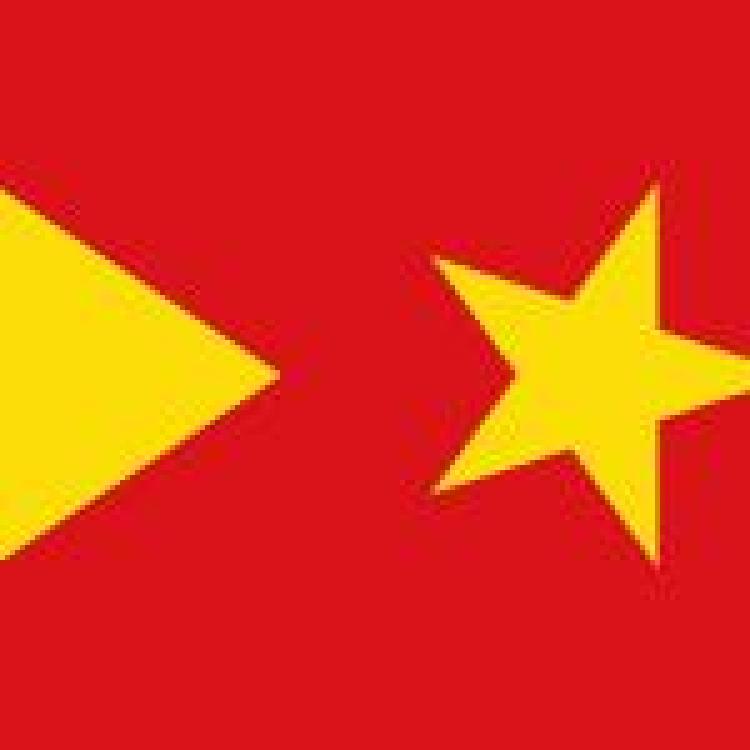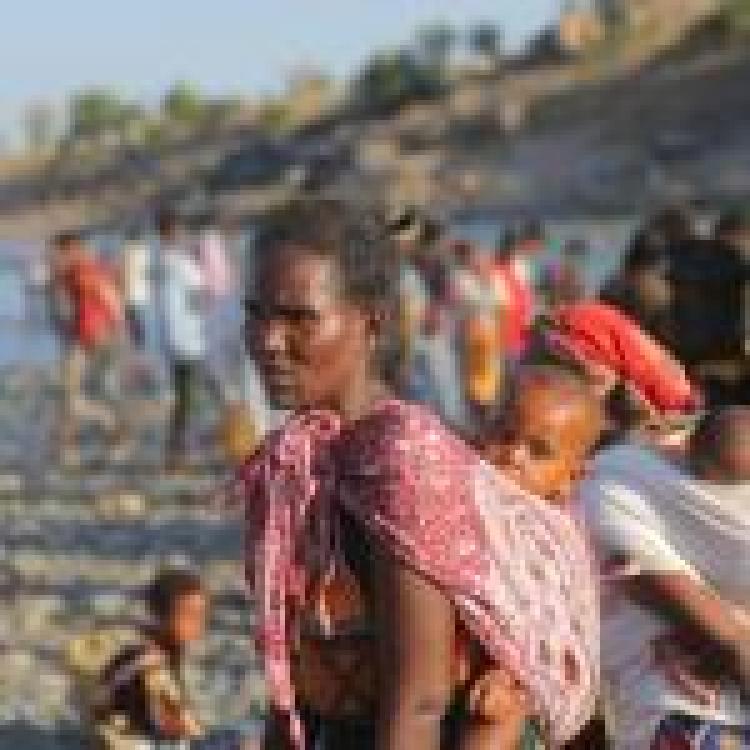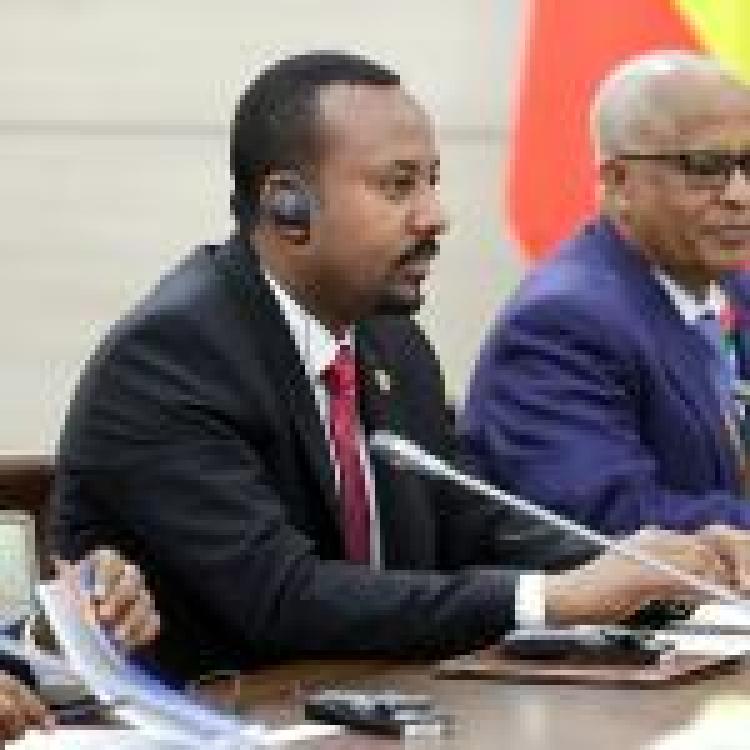![]()
On Friday the UN Human Rights Council voted to establish an international probe to investigate atrocities committed by both sides of the conflict in Ethiopia and prosecute those responsible.
The resolution highlighted the atrocities which included "unlawful killings and extrajudicial executions, including wilful killings on the basis of ethnicity, torture and other cruel, inhuman or degrading treatment or punishment of civilians and captured combatants, arbitrary detentions, abductions and enforced disappearances, and widespread sexual- and gender-based violence against women, girls, men and boys, including rape committed by all parties to the conflict".
Further abuses included the "deliberate targeting of civilians and indiscriminate attacks" on sites which included "houses, hospitals, health centres, schools and places of worship".
The resolution was passed by a vote of 21 to 15 with the support of Western states. Kenneth Roth, Executive Director of Human Rights Watch, praised the Africa states - Senegal, Mauritania, Libya, Malawi, and Sudan - for abstaining and breaking rank with the Africa group and refusing to "oppose this potentially life-saving step". He further slammed the "see-no-evil states that opposed scrutiny of Ethiopia" which includes "Bolivia Burkina Faso Cameroon China Cote d'Ivoire Cuba Eritrea Gabon India Namibia Pakistan Philippines Russia Somalia Venezuela".
1.2 million people have been displaced from western Tigray since the beginning of the conflict, with more than 10,000 Tigrayans displaced between 25 November and 1 December. The fighting has displaced more than 2 million people across Tigray and driven hundreds of thousands into famine-like conditions.
The resolution urged all parties to grant "international Commission of Human Rights Experts on Ethiopia and its members' unhindered access without delay and to allow them to visit sites, and to meet and speak freely and privately, with whomever they wish to meet or speak".
It further established a one year period, renewable as authorised by the Human Rights Council, "to conduct thorough investigations into allegations of violations and abuses of international human rights law and violations of international humanitarian law and international refugee law in Ethiopia, committed since 3 November 2020 by all parties to the conflict".
Read the resolution here
Read the UN High Commissioner's report here.




